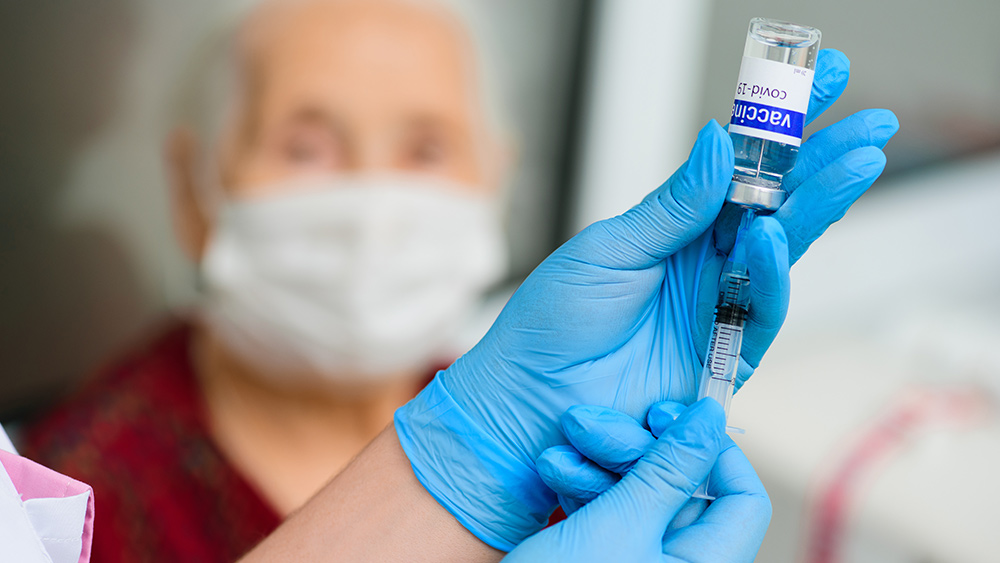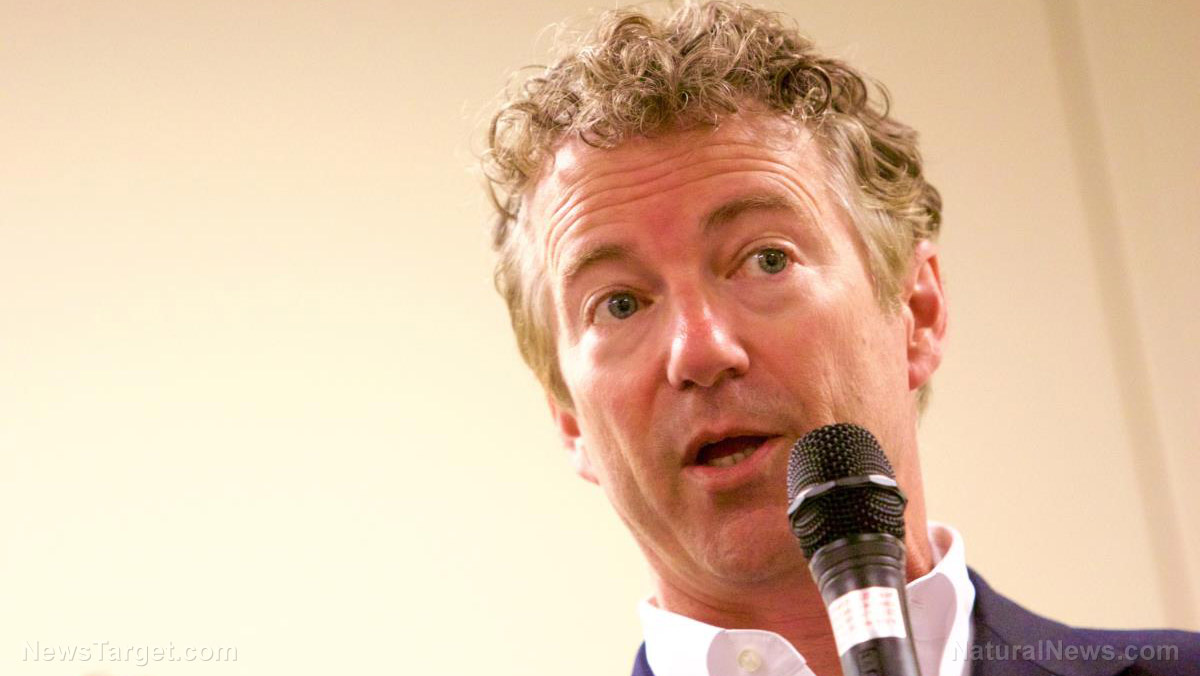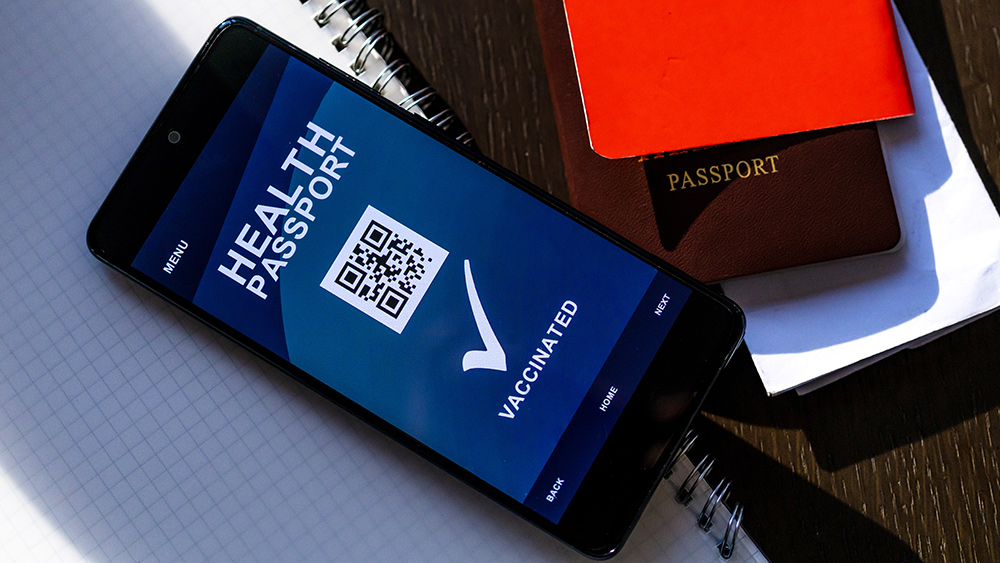France REJECTS third coronavirus lockdown, “economic, social, human, health” costs unjustifiable says PM
02/09/2021 / By Arsenio Toledo

France has rejected the implementation a third Wuhan coronavirus (COVID-19) lockdown. According to Prime Minister Jean Castex, the country could not justify the “economic, social, human … and sometimes even health” costs of another severe restriction upon French life.
During a weekly press conference that provided the country with updates regarding the situation of the outbreak, Castex said that the country was stabilizing its new infection rates and a rollout of coronavirus vaccines was imminent.
“We have kept the epidemic under control while preserving the economic and social life of our country as much as possible,” said Castex, who told reporters that French lawmakers have deemed another lockdown unjustifiable.
That said, Castex stated that if the country’s coronavirus situation deteriorates, it would “not hesitate to do what is necessary.”
While the prime minister pledged to not impose stricter lockdown restrictions, he also refused to shed any of the country’s current restrictions. Some of these restrictions include keeping cafes and restaurants closed except for accepting takeout orders, shutting down most large shopping centers, maintaining the tough border restrictions especially for non-European Union travelers and keeping in place the 6 p.m. to 6 a.m. national curfew.
Castex also used this opportunity to point out that the French economy is a lot more open than those of many of its neighbors. He also called upon companies to enforce more work from home arrangements for their employees.
“Working from home is imperative whenever possible,” he said.
Late on Thursday, Feb. 4, France reported 23,448 new confirmed cases of the coronavirus. This is down from the 26,362 reported the previous day. The country’s health ministry also reported 360 COVID-19 deaths on Thursday and 357 on Wednesday. Furthermore, coronavirus-related hospitalizations are on the decline, with the number of people currently in hospitals with COVID down 187 over the previous 24 hours.
While Metropolitan France (all French territory geographically within Europe) has been saved from stricter lockdown measures, the French overseas territory of Mayotte, an archipelago in the southern Indian Ocean near Madagascar with a population of around 270,000, has been placed under a three-week lockdown due to being hit by the South African variant of the coronavirus. (Related: Vaccine makers express confidence that their shots can take on new “mutant” strain of the same coronavirus their colleagues engineered in the first place.)
France relying heavily on future vaccine rollout to get economy back to normal
France, like many of its European neighbors, has begun its vaccination program. But its own rollout has been very slow. Castex acknowledged this, and excused the slow start to “difficulties inherent in rolling out vaccines to older people.”
France is focusing its efforts on vaccinating senior citizens. Castex said that, by the end of the week, every single nursing home resident who wants to be vaccinated will have received their first jab.
He further explained that the country will stick to the three- to four-week gap between the first and second shots for those receiving either the Moderna or the Pfizer-BioNTech vaccines. The country would rather stick to this program rather than lengthening the gap to get more people their first shots. According to Castex, this method is much more “dangerous.”
Castex added that the French National Authority for Health recently approved the Oxford-AstraZeneca vaccine for use. This means that an additional four million people will receive their first shot of the coronavirus vaccine by the end of February.
French vaccination centers are also opening an additional 1.7 million appointments, which will be available by the end of March. These bookings will be opened to all eligible receivers by next week.
“Vaccination is a speed race,” said Castex, “but it shouldn’t be done at the expense of quality and safety.” The prime minister reaffirmed his and the government’s goal of vaccinating everybody over the age of 65 by the end of May, and all adults by “the end of summer.”
To reinforce the country’s ability to quickly vaccinate its citizens, President Emmanuel Macron pledged on Tuesday to open four sites in Metropolitan France and the EU that will manufacture coronavirus vaccines for domestic use.
Minister for Industry Agnes Pannier-Runacher said on Wednesday that the first vaccine production site will open in March and it will produce the Moderna vaccine. The second site will be up and running in April and it will produce the Pfizer-BioNTech vaccine.
“And in May, we should be producing the CureVac vaccine, for which we are awaiting approval,” she said during an interview with French radio network RTL. She is referring to the vaccine being developed by German biopharmaceutical company CureVac N.V.
Finally, the fourth site will come from French pharmaceutical company Sanofi, which is in the process of converting one of its facilities in Germany for vaccine production, according to Macron. This site will produce the Pfizer-BioNTech vaccine, even though Sanofi is currently developing its own vaccine.
French Foreign Minister Jean Yves Le Drian also said the country was open to using Russia’s Sputnik V vaccine so long as it meets the European Union’s “standards” and general “scientific norms.”
“If Sputnik is confirmed and approved by the European Medicines Agency and France’s top health authority, there will be no impediment to its distribution,” he said during an appearance on the radio Europe 1.
Learn more about the lockdowns all over Europe and the vaccines being distributed by governments by reading the latest articles at Pandemic.news.
Sources include:
Tagged Under: coronavirus, coronavirus lockdown, covid-19, Emmanuel Macron, Europe, Flu, France, government, infections, Jean Castex, lockdown, lockdowns, outbreak, pandemic, vaccines, virus
RECENT NEWS & ARTICLES
COPYRIGHT © 2017 VACCINE JIHAD





















